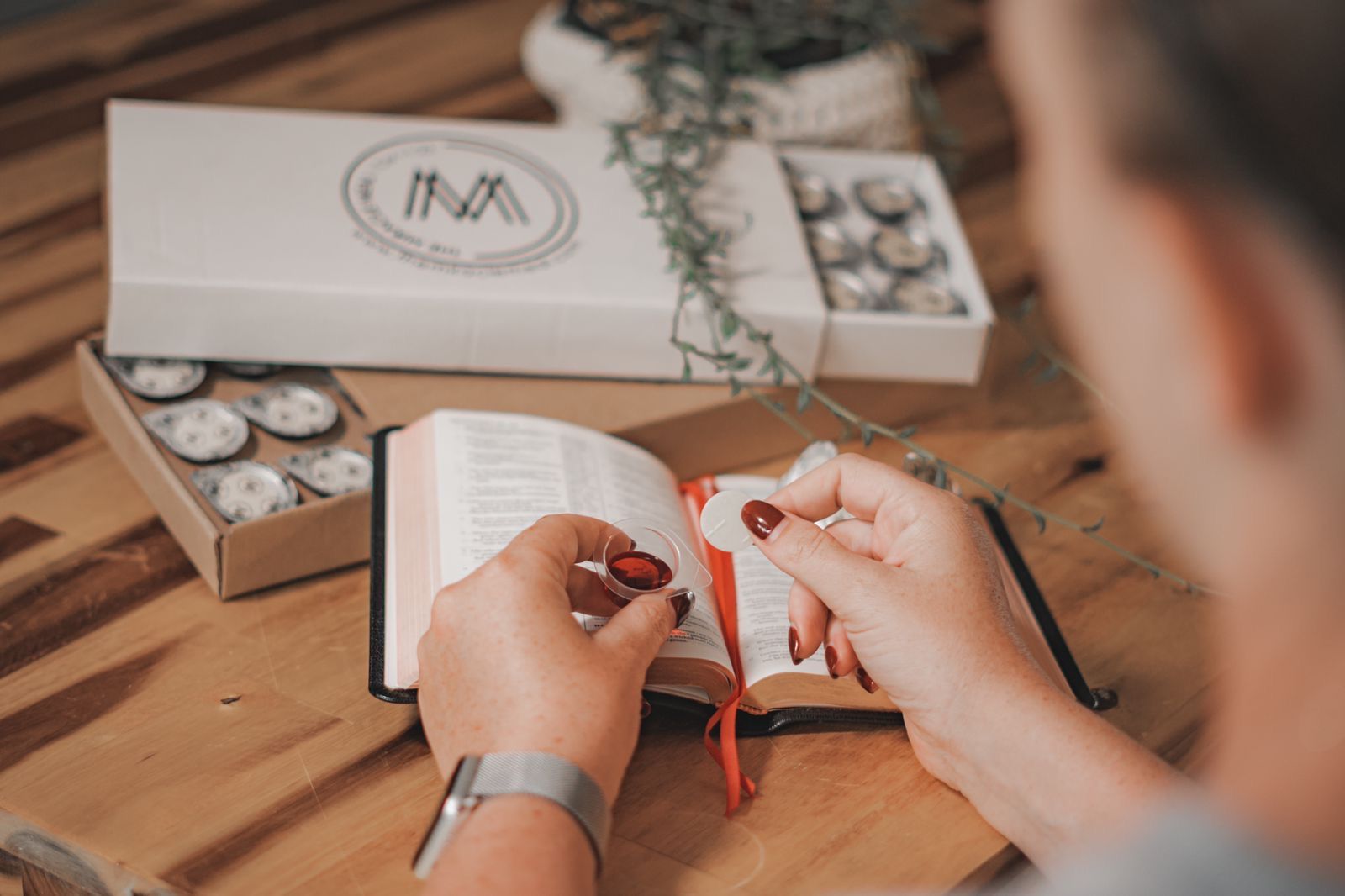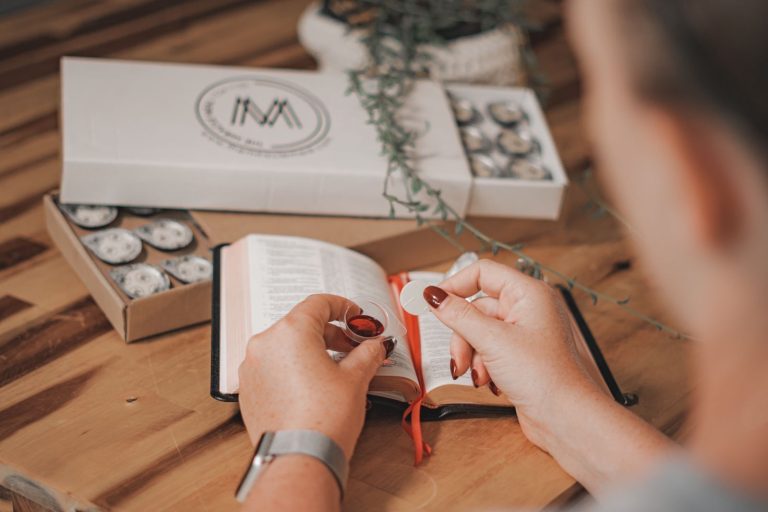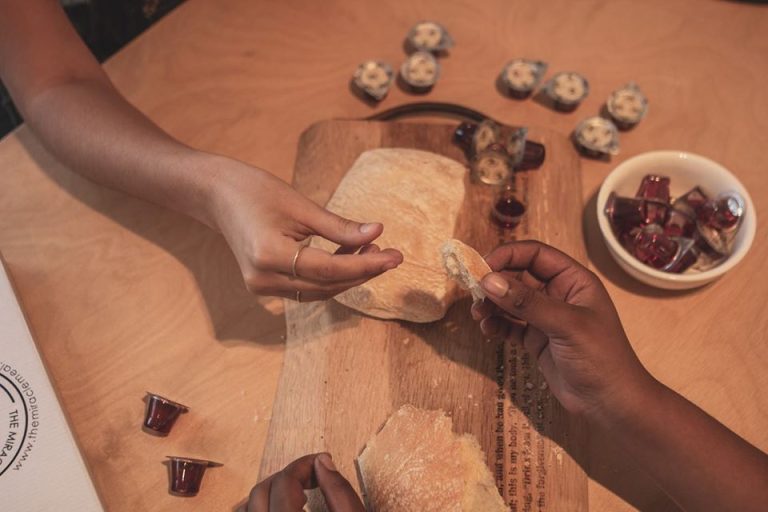When Should You Not Take Communion?
Communion is a pivotal ritual in the Christian faith, symbolizing the body and blood of Jesus Christ. Communion is commonly shared during church services, allowing fellow believers to reflect on the life, death, and resurrection of Christ. However, questions often arise on the circumstances under which one should abstain from partaking in this ritual — when should you not take communion?
While communion is a significant aspect of worship, there are moments when an individual may consider abstaining from this activity. This decision is deeply personal and may be influenced by various factors, including the state of one’s heart, unresolved conflicts, or unrepented sin. In this article, we probe further into the circumstances that may warrant abstaining from communion.
When the Heart is Not in the Right Place
A key factor to consider before partaking in communion is the state of one’s heart. If feelings of anger, hatred, envy, or resentment are dominating your emotions, it might be wise to abstain. Remember, the act of communion is not about eating bread and drinking wine or juice – it’s a symbolic representation of our faith and unity with Christ.
Taking communion in a state of ill-feeling can potentially negate the very essence of what this practice is meant to symbolize – reconciliation, unity, and love. Therefore, it’s advisable that before partaking in this symbolic meal, one should conduct a personal assessment and seek peace in their heart.
However, this should not deter one from participating in communion completely. Instead, it should serve as a call to self-reflection and reconciliation. Examine your feelings, reconcile with those you have wronged, and allow forgiveness to lead your heart before holding the pre-filled, pre-packaged communion cups.
In the Presence of Unresolved Conflict
The act of communion is a time of remembrance, reflection, and reconciliation. Therefore, unresolved personal conflicts within the church or with fellow believers can act as a deterrent for communion. The Bible places emphasis on the importance of being in good terms with others before partaking in the act of communion.
According to Matthew 5:23-24, if you are preparing to offer your gift at the altar and remember that someone has something against you, first leave your gift at the altar and go reconcile; then you can return to offer your gift. This text underscores the importance of living in harmony with others and upholding peace within the Christian community.
Just like with the previous case, the presence of unresolved conflict shouldn’t prevent you from ever partaking in communion. Instead, let this act as a nudge towards resolution and reconciliation with your fellow Christians.
When Living in Unrepentant Sin
One of the times to abstain from the miracle meal is when one is living in unrepentant sin. According to the Apostle Paul’s first letter to the Corinthians in the Bible, individuals who take communion in an unworthy manner are guilty of sinning against the body and blood of the Lord.
But what constitutes an ‘unworthy manner’? Unrepentant sin—knowingly living in sin without seeking forgiveness—can qualify as partaking in communion unworthily. It is important, therefore, to self-examine, reflect on one’s actions, and ask for forgiveness.
Here is where grace steps in. The parable of the prodigal son aptly demonstrates the unending mercy of God. Therefore, while unrepentant sin may warrant temporarily abstaining from communion, it should direct one towards repentance and seeking God’s forgiveness.
Conclusion
Partaking in communion is a deeply personal act of worship, embodying our connection with Christ. However, situations like a troubled heart, unresolved conflicts, and living in unrepentant sin may require us to abstain temporarily from this symbolic meal. It’s important to remember, though, that these situations should not lead to permanent disengagement. Instead, they should steer us towards introspection, reconciliation, and repentance.
Finally, after tackling the question, “when should you not take communion?”, we hope that it guides you in your journey of faith. As a believer, take the time to self-reflect and prepare your heart prior to partaking in communion. And remember, when you are ready, we, at The Miracle Meal, offer easy-to-open, silent, and recyclable pre-packaged communion cups, with a shelf life of 1 year and no preparation needed. They will be here waiting as you navigate your path, ensuring you can take communion when your heart is at peace.




